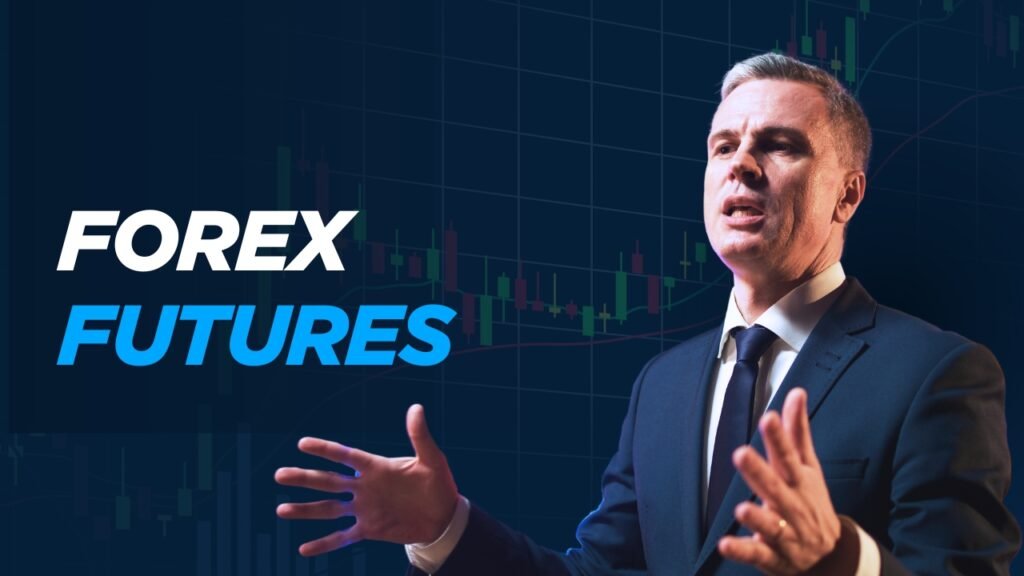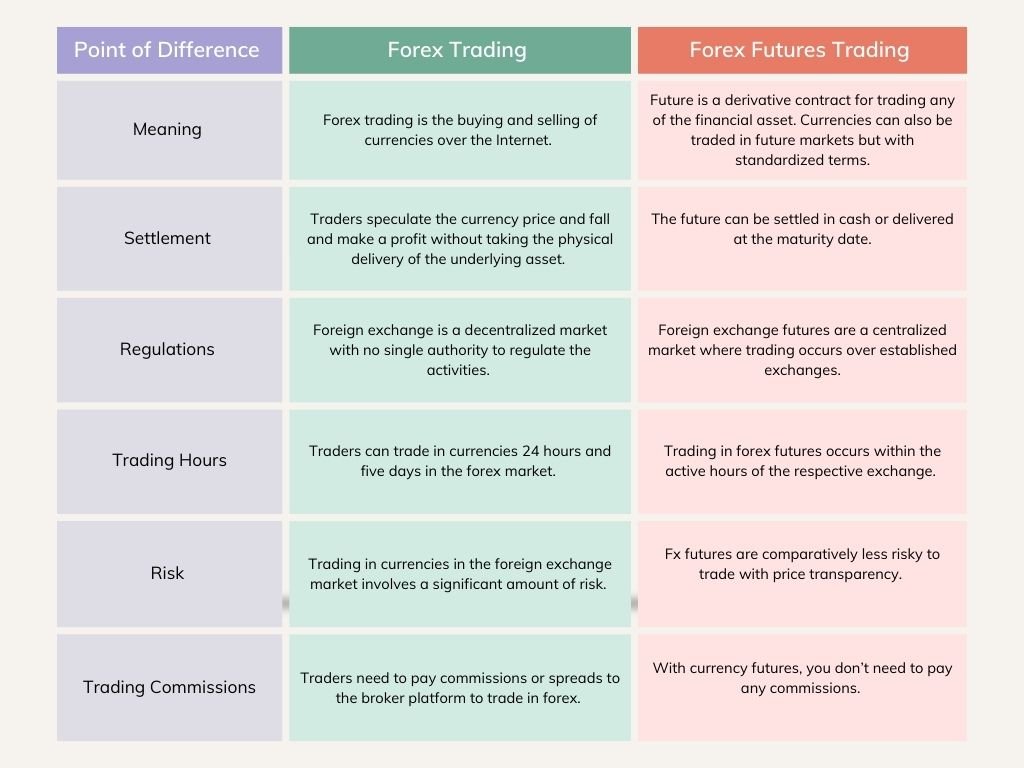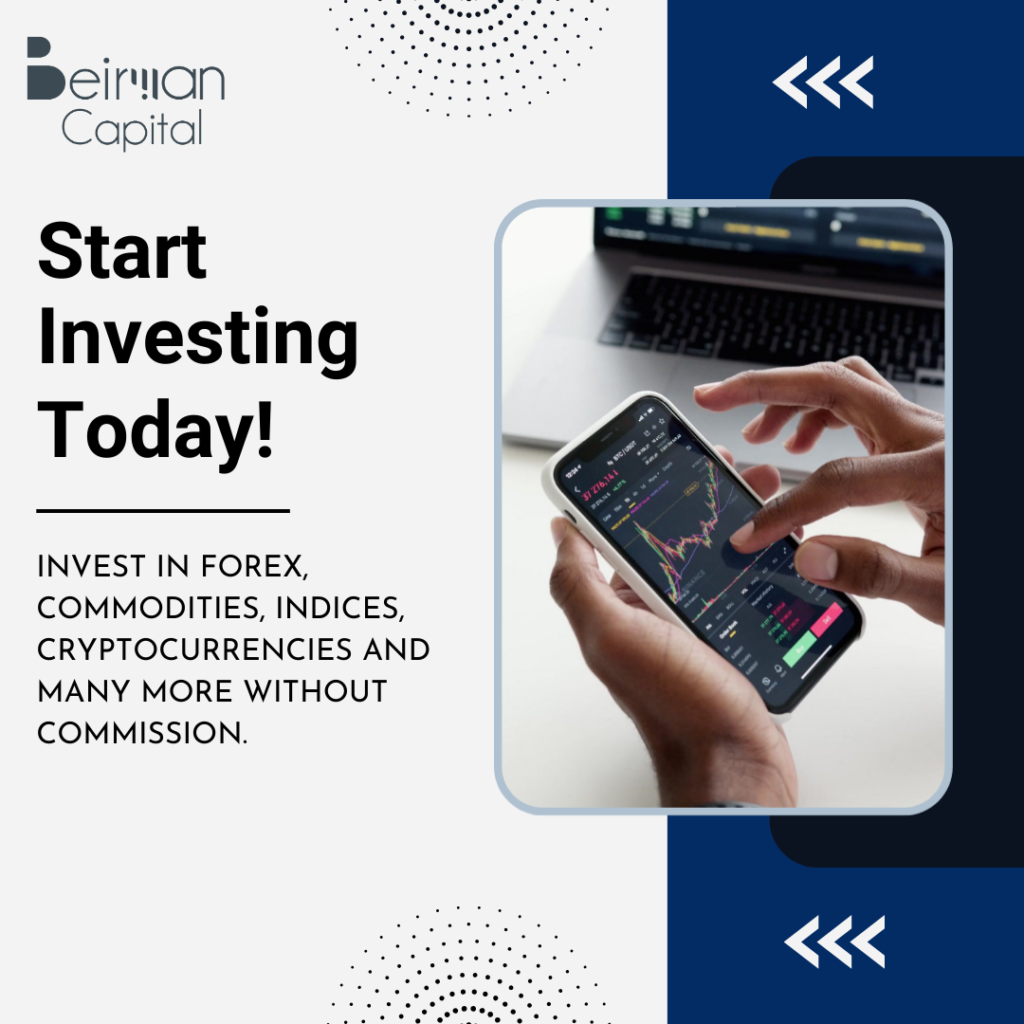Forex Futures
Forex Future is a financial derivative to buy or sell currency pairs at a predetermined price, and date. Learn all about currency futures with example.
Have you ever thought of trading in currencies but are afraid of the over-the-counter market? If yes then here is an alternative way to trade in currencies.
One can trade in currencies in a number of ways. Forex Futures is one such way. However, many traders are unaware of these derivative contracts. Thus, in this blog, we will have a detailed study of currency futures, their features and benefits, and how they differ from spot trading.
What are forex futures?
Forex Future is a financial derivative contract to buy or sell currency pairs at a predetermined price and specified date. These contracts can be settled in cash or physically delivered on the maturity date.
Unlike forex or spot markets, the fx futures are traded on established exchanges. One can trade futures on the Chicago Mercantile Exchange, New York Mercantile Exchange, Singapore Exchange, or any other, depending on the currency pair and location.
These currency futures contracts are standardized and traded with high transparency, offering a secure environment for forex traders.
Let us understand it with a EURUSD future contract example. Suppose a trader thinks that the EURO is all set to rise against USD in the upcoming months.
So, the trader decided to enter a future contract at the exchange rate of 1.10 after three months. On the expiry date, the traders will buy the EUR to USD futures contract at the rate of 1.10.
Now, if the prediction becomes true and the exchange rate rises to 1.15, the trader will make a profit. And if the exchange rate drops and reaches 1.08, the trader will lose money.
Forex futures trading is often used for both speculation and hedging currency risk in global markets.
One thing you need to remember while trading in currency futures is that you need to execute the trade at the expiry date. It means that regardless of whether the market is moving in your favor or not, you are obliged to enter a trade.

Components of FX Futures Contract
A future contract is a way to buy or sell currencies based on a set of rules and regulations. Understanding these key components is crucial for anyone involved in forex futures trading or planning to trade currency futures on global exchanges So, if you are thinking of starting forex futures trading, then you should know the below components:
Underlying Asset: The underlying asset is the financial instrument you are trading in. Traders can trade stocks, commodities, currencies, and many other products in the future market. In the FX futures contract, the currency pair you are trading in will be your underlying asset. In most forex futures contracts, major currency pairs like EUR/USD, GBP/USD, and USD/JPY are commonly traded.
Exchange Rate: The exchange rate is the rate at which one currency is exchanged against others. For example, the predetermined rate of EUR/USD currency is 1.20. This means that a trader can buy one EURO, which is equal to 1.20 USD. So, to buy one unit of EURO, a trader needs to pay 1.20 USD. These rates are fixed at the time of entering the forex futures contract and remain unchanged until the expiry.
Contract Size: With date and currency pair, the trading quantity is also predetermined. A contract size can be defined as the number of units you are willing to buy or sell at a particular date. For example, standard forex futures contracts on CME typically involve 125,000 units of the base currency.
Maturity Date: The maturity or expiry date is the date at which the contract is settled. On this date, the currency will be delivered or settled in cash. Currency futures are usually available with monthly or quarterly expiry cycles depending on the exchange and the contract specifications.
Why trade forex futures
Forex Market Size One can trade forex in forward, spot, options, and over-the-counter markets. So why should you go for a currency futures contract? If you are also thinking the same way, here are the reasons you should trade currency futures:
Regulated environment: The Forex market is an over-the-counter market with no central organization to regulate its activities. Thus, many traders avoid currency trading due to a lack of regulations.
However, with a futures contract, you can trade in currencies with proper regulations and transparency. These contracts are traded on respective exchanges with standardized terms and conditions.
At Beirman Capital, forex futures are offered in a secure and fully regulated environment, giving traders confidence and price clarity.
Suitable for all: Future contracts are suitable for beginners, advanced traders, and even for institutions or businesses. Also, one can trade in futures using different trading strategies. It includes arbitrage, spread betting, speculations, and others. Whether you’re hedging currency exposure or speculating short-term moves, Beirman Capital offers flexible forex futures trading for all experience levels. In addition, whether you are a full-time trader, side hustler, or long-term investor, you can go for these contracts.
Risk management and diversification: For trading in the financial market, spreading your capital into different instruments or markets is a must. Future contracts can be ideal options for risk management and portfolio diversification. So, irrespective of the market you are trading in, you can consider futures for diversification.
Best for hedging: Hedging is the way to offset the risk associated with currency price fluctuations. Businesses, MNCs, and large institutions exchange currencies to conduct day-to-day business activities.
A small rise or fall in the exchange rate may result in big losses for such organizations. Thus, forex futures are the best way to lock the exchange rate and deal with currency price fluctuations.
High liquidity and leverage: The future market offers high liquidity to the traders. It means entering or exiting a trade position with such derivatives is easy due to the large number of participants.
In addition, one can use high leverage facility trading in futures. So traders can control large positions with small capital by using a leverage facility.

Common Mistakes to Avoid
Overleveraging :
- Excessive leverage relative to the size of your trading account can result in huge losses with minimal market fluctuations.
- Most traders fail to adequately consider the margin requirements, and this may lead to forced liquidations.
- Failure to maintain sufficient cash balances on your account restricts your flexibility and exposes you to margin calls.
Ignoring Fundamentals:
- Using technical charts without taking into account the fundamental factors can provide you with a partial picture of the market.
- Currency prices are greatly influenced by economic indicators such as interest rate decisions, inflation figures, and central bank policies.
- Sudden volatility can be caused by geopolitical events like elections, wars, or trade agreements, and many traders do not expect them.
Poor Risk Management:
- Without stop-loss orders, trading can blow your account in case the market turns against you.
- When you risk a high percentage of your capital on a single trade, you are more likely to lose a lot.
- Allowing emotions to guide your decision-making and particularly after a loss, is likely to cause revenge trading and bad judgment.
Inadequate Preparation:
- Failure to comprehend the specifications of the futures contract you are trading may be very expensive.
- Trading live without practising on demo accounts may make you ill-equipped to face the real market.
- Most traders do not pay attention to the tax regulations of futures trading, which may lead to unpleasant surprises in the future.
Future Outlook for Forex Futures
Market Growth Drivers
- Increasing Global Trade and Currency Volatility
As global trade continues to grow, currency exchange becomes more frequent. This leads to higher currency volatility, which makes forex futures trading more attractive. Traders and businesses use forex futures to protect themselves against price swings, especially during economic uncertainty. This demand is expected to push the forex futures market growth further.
- Growing Adoption by Retail Traders
More retail traders are showing interest in forex futures due to their transparency, fixed contract sizes, and access to regulated markets. Compared to spot forex, futures offer better protection and are seen as a safer option by many individual investors. As awareness increases, more beginners may shift towards forex futures trading for long-term gains.
- Technological Advancements in Trading Platforms
Modern forex trading platforms have made it easier for both beginners and professional traders to access futures contracts. Features like algorithmic trading, mobile trading apps, and real-time data are improving the overall trading experience. These advancements are supporting the growth of the forex futures market worldwide.
- Expansion into Emerging Market Currencies
The introduction of emerging market currencies like the Indian Rupee (INR), Brazilian Real (BRL), and others in the futures market is attracting more traders. This offers new opportunities and wider choices for investors looking to diversify their currency exposure. As more emerging currencies are added, the market is likely to expand even more.
Challenges
- Competition from Spot Forex Brokers
Spot forex trading offers higher leverage and quick execution. This makes it tough for forex futures to attract short-term traders.
- Regulatory Changes Affecting Leverage
New trading regulations are reducing leverage in futures. This lowers the risk but also limits potential returns for traders.
- Need for Investor Education and Awareness
Many new traders don’t fully understand forex futures. Without proper education, they avoid this market segment.
Forex Futures Trading Strategies
- Trend Following Strategy
This is among the most common Forex Futures trading strategies. It is concerned with the determination of long-term trends in currency pairs through technical analysis. Traders will take positions in the direction of the current trend, whether bullish or bearish.
The most common tools are moving averages, MACD, and RSI to determine the correct entry points. This is an effective strategy in powerful, trending markets and assists traders to ride large moves in the long run.
- Carry Trade Strategy
This is a strategy that seeks to exploit the difference in interest rates between currencies. Traders purchase futures of high-yield currencies (those with higher interest) and sell low-yield ones. The aim is to make the interest rate spread.
One should monitor the policies of central banks, which may affect interest rates in a short period of time. It is a popular technique in currency futures trading to make passive profits in addition to market movements.
- Arbitrage Strategy
Arbitrage exploits the price disparities between the Forex spot market and the futures market. Advanced systems are used by traders to place buy and sell orders within milliseconds.
This approach needs low-latency trading systems and is primarily applied by institutional traders or hedge funds. Retail traders do not usually engage in it because it is complex and requires rapid technology.
- Hedging Strategy
It is a risk management tool against currency fluctuations. Forex futures contracts are used by businesses and exporters to predetermine the exchange rates.
It assists in minimising the chances of currency losses and stabilises future cash flows. Hedging is most suitable for companies that trade internationally or have foreign assets.
Current Market Trends and Opportunities
Emerging Market Currencies:
- Increasing popularity of emerging market currency futures
- Greater volatility provides additional trading opportunities
- More liquidity in formerly illiquid contracts
Algorithmic Trading:
- Increasing popularity of automated trading systems
- Major currency pairs high-frequency trading
- Access of retail traders to algorithmic tools
Cryptocurrency Integration:
- Some exchanges experiment with crypto-fiat futures
- Bitcoin futures that are already listed on large exchanges
- New currency derivative products’ potential
Wrapping Up
Every trader has different trading needs and expectations from the market. So traders need to first analyze these needs and determine whether forex futures suit them.
Also, if you want to trade in futures, a clear understanding of these financial derivatives is a must. Futures can be an excellent way to invest your capital but with proper knowledge and the right strategy.
FAQ
1. What are the futures in forex?
Forex futures are contracts to purchase or sell a currency at a predetermined price at a future period. They are traded or hedged against price fluctuations.
2. What is an example of a FX future?
A contract to purchase 1 Euro at 1.10 US Dollars in three months is an example of an FX future. The trade is made on a specified future date.
3. What are futures examples?
Oil futures, gold futures, and currency (forex) futures are examples of futures. These are agreements to purchase or sell these assets at an agreed price at some future date.
4. How are forex futures settled?
Forex futures are typically cash settled. The difference between the contract price and the market price is paid or received on the expiry date of the contract- no real money is exchanged.
5. Is it better to trade forex or futures?
It is a matter of what you want to achieve. Forex is more flexible and has greater liquidity, whereas futures are more regulated and have fixed terms of contract. Forex can be easier to start with.
6. What do futures tell you?
Futures inform you what traders believe the price of an asset (such as currency, oil, or gold) will be in the future. They assist in forecasting market direction and trends.
Get Complete Forex Trading Assistance



